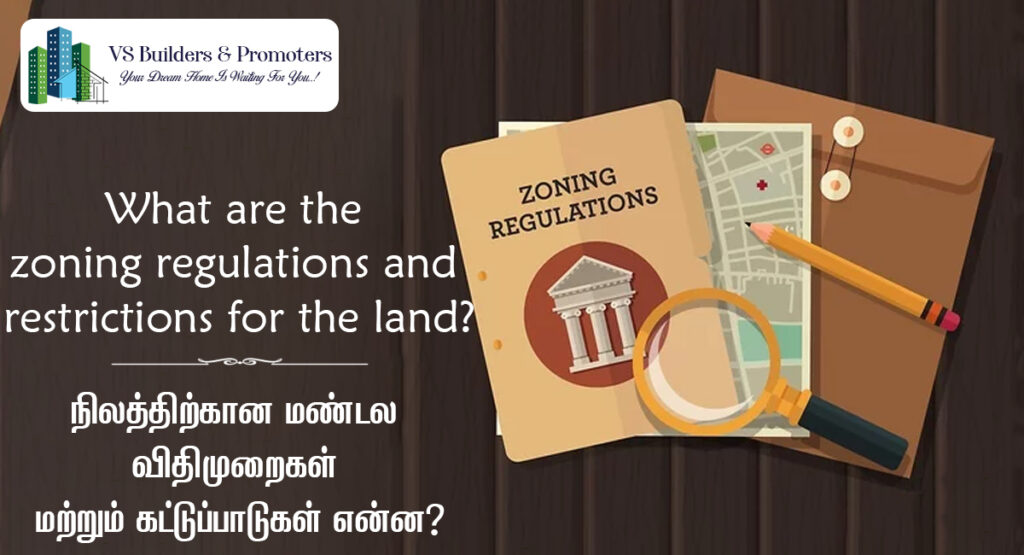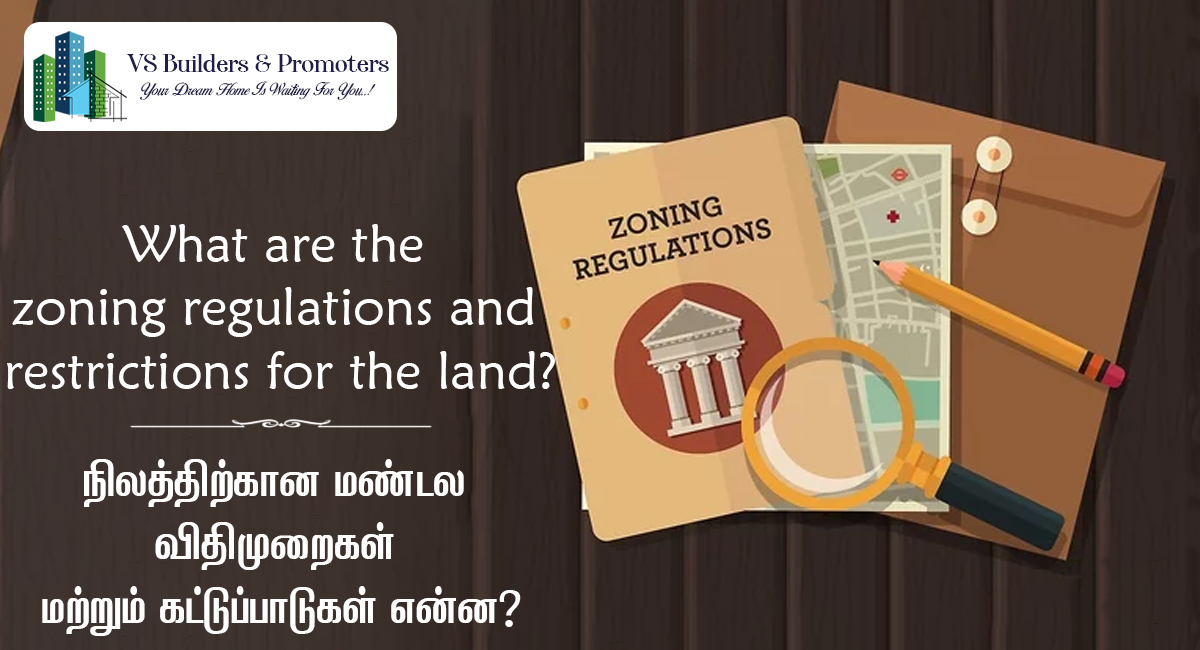
The purpose of zoning is to allow local and national authorities to regulations, and restrictions and control land and property markets to ensure complementary uses. Zoning provides the opportunity to stimulate or slow down development in specific areas. The zoning ordinance is the formal categorization of land-use policies applicable to land within a municipality. It also sets the legal framework.
The zoning ordinance establishes permitted land uses and distinguishes between different land use types. Regulations also define setbacks and can build on city safety and resilience by setting limitations on building in flood plains and wetlands.
Zoning allows local governments to regulate which areas under their jurisdiction may have real estate or land used for particular purposes. Zoning laws can be change by a local government as long as they fall within state and federal statutes. A particular plot of land may be rezoning based on consideration.
Zoning restrictions are frequently the basis of legal contention. Disputes generally result from disagreements between individuals and larger groups such as businesses, schools, and religions. The majority of zoning regulations exist to promote essential ideals such as health and safety. They also keep private and business activities separate, so that company operations do not interfere with the community’s private life. Zoning regulations also define the geographical area to which the restrictions apply.
Some examples of zoning regulations disputes:
Commercial vs. Residential Use: As previously stated, companies can occasionally obstruct the residential use of an area. A drive-thru at a restaurant, for example, creates too much noise and traffic for a nearby apartment complex.
Zones of Education: Many zoning regulations apply to school zones, such as no guns and no people with certain criminal convictions allowed within a particular radius.
Construction Regulations: There are numerous zoning regulations governing the location of a structure as well as its specifications. Buildings in many regions are not permitted to surpass a specific height.
Religious vs. Commercial Usage: In general, religious centers are not permitted in areas designated for commercial business use.


